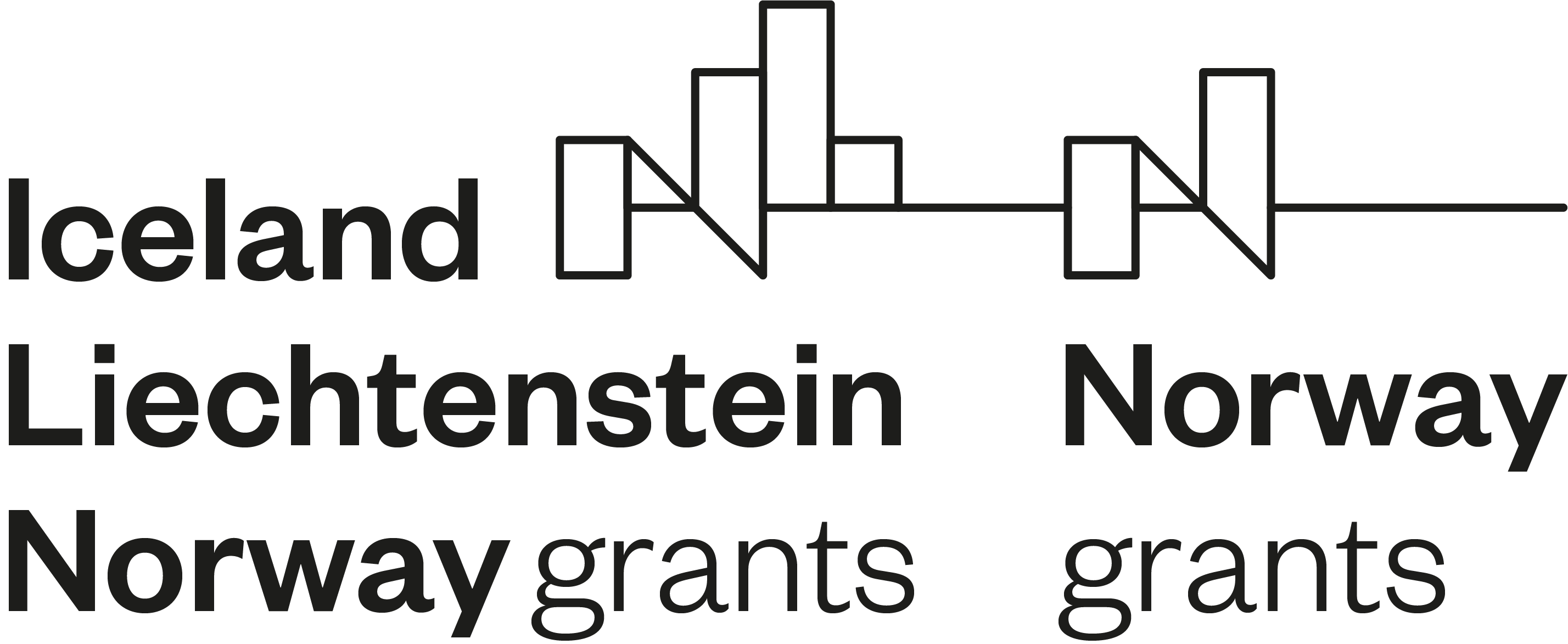About

Creating a European Learning Hub on Radicalisation
The HOPE project is developing a network for continuous training and knowledge sharing in the Balkan, Southern and Eastern European countries.
This network aims to intervene in radicalisation prevention and disengagement and improve the transition between the prison/probation system and the community, for those at risk of radicalisation or who have already been radicalised.
Training and research organisations, academics, prison, and probation administrations make up the HOPE project network.


Directed at offenders, frontline staff and the community
With a regional focus, HOPE aims to improve the transition from prison or probation to the community for those at risk of radicalisation or who have already been radicalised.
The project will achieve this outcome by promoting a holistic radicalisation prevention initiative focusing on offenders, front line staff and community organisations. Through training, correctional staff and professionals from other institutions will have more capacity to deal with the inmates — and get to know useful tools to tackle everyday challenges.
Objectives
Contribute to radicalisation prevention through awareness, knowledge and skills building
The HOPE project is to develop newly-designed, innovative, and multidisciplinary approaches to training and learning to raise awareness, foster overall knowledge and enhance competencies within a regional stakeholders network.
Promote innovative training approaches
To create a network of training institutions, introducing new content and training/learning innovations that aim to increase the efficiency – and the results – of training interventions concerning radicalisation prevention.
Improve the skill set of professionals
On the one hand, the project aims to improve the skill set of judicial, prison and probation practitioners in terms of radicalisation identification and prevention in correctional settings. On the other hand, the peoject also strives to increase the skills of community organisations’ staff (including religious organisations) on how to deal with individuals at risk or who have been radicalised and at several levels, including prevention, management and intervention.
Build highly-collaborative partnerships
Implement a regional-specific approach supported by active and collaborative methods (with expert partners) not only to collect and discuss needs, learning and best practices – through training sessions, workshops, high-level seminars and policy forums – but also for the development and implementation of effective training programmes.
Expected results
A European Learning Hub on Radicalisation
Creation of a European network for training and knowledge sharing, with a geographical focus on the Balkan, Southern and Eastern European countries.
Contribute to the awareness of radicalisation
Improved understanding about detecting “red flags” of radicalisation and violent extremism leading to terrorism, both in detention and supervision settings like prison and probation and in the community. Also, create awareness about the prevention and detection mechanisms currently in place in some European countries.
More ability to deal with individuals at risk or already radicalised
Enhanced capacity to deal with offenders and individuals at risk of radicalisation or who have already been radicalised. This result will be achieved through the development and implementation of training programme, for practitioners, that will include new knowledge and useful tools for everyday challenges.
Support criminal justice professionals
Common understanding by practitioners and decision-makers of the necessary strategies to be implemented when dealing with the transfer of radicalised individuals in detention or under community supervision (contributing to the application of the European Council Framework Decisions).
